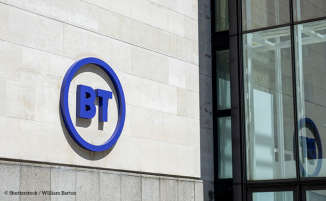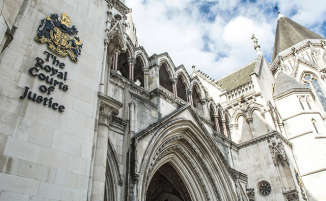Following the refusal of the CAT to allow Dr Gormsen to commence collective proceedings in February 2023, a hearing at the start of January considered the reformulated claim. The revised claim alleged that Meta had abused its dominant position through its collection of ‘off-Facebook data’, and had combined this with data gathered on the platform to enable extremely targeted advertising. Through this collection, and arguing it formed a ‘take-it-or-leave-it’ condition, it was argued Meta had imposed an unfair trading condition on its users, who subsequently had suffered losses of over £2bn.
The reformulated claim was ultimately successful, with the CAT satisfied that there was a clear blueprint to trial laid out and that the ‘Pro-Sys’ test was met. The decision in the certification hearing was eagerly anticipated, in providing insight to the CAT’s ongoing approach to certifying class representatives, and whether they would continue with a low-bar approach. The CAT granted a collective proceedings order (CPO) based on the new application, holding there was an arguable and triable case against Meta. It was clarified that the CAT will be looking closely at funding arrangements at the appropriate stage, and, that collective proceedings were largely encouraged, with the judgment stating that ‘the certification process should be viewed in the light of access to justice’.
Michael Jacobs at Boies Schiller contends that the saga demonstrates the approach of the CAT to ensuring only meritorious claims are heard. ‘At the certification stage, you used to think the CAT would green light everything. In Gormsen v Meta, the tribunal said “hold on, the claim looks badly formulated”, and sent it away to reformulate. The CAT just greenlit bringing the reformulated claim forward. There are checks and balances in place to ensure claims aren’t entirely ill-conceived.’
For Liza Lovdahl Gormsen: Greg Adey (One Essex Court), Robert O’Donoghue KC and Sarah O’Keeffe (Brick Court Chambers) and Tom Coates (Blackstone Chambers) instructed by Quinn Emanuel Urquhart & Sullivan
For Meta: Tony Singla KC, Marie Demetriou KC and David Bailey (Brick Court Chambers), Andrew Lomas (One Essex Court), and James White (Henderson Chambers) instructed by Kim Dietzel and Stephen Wisking (Herbert Smith Freehills)














